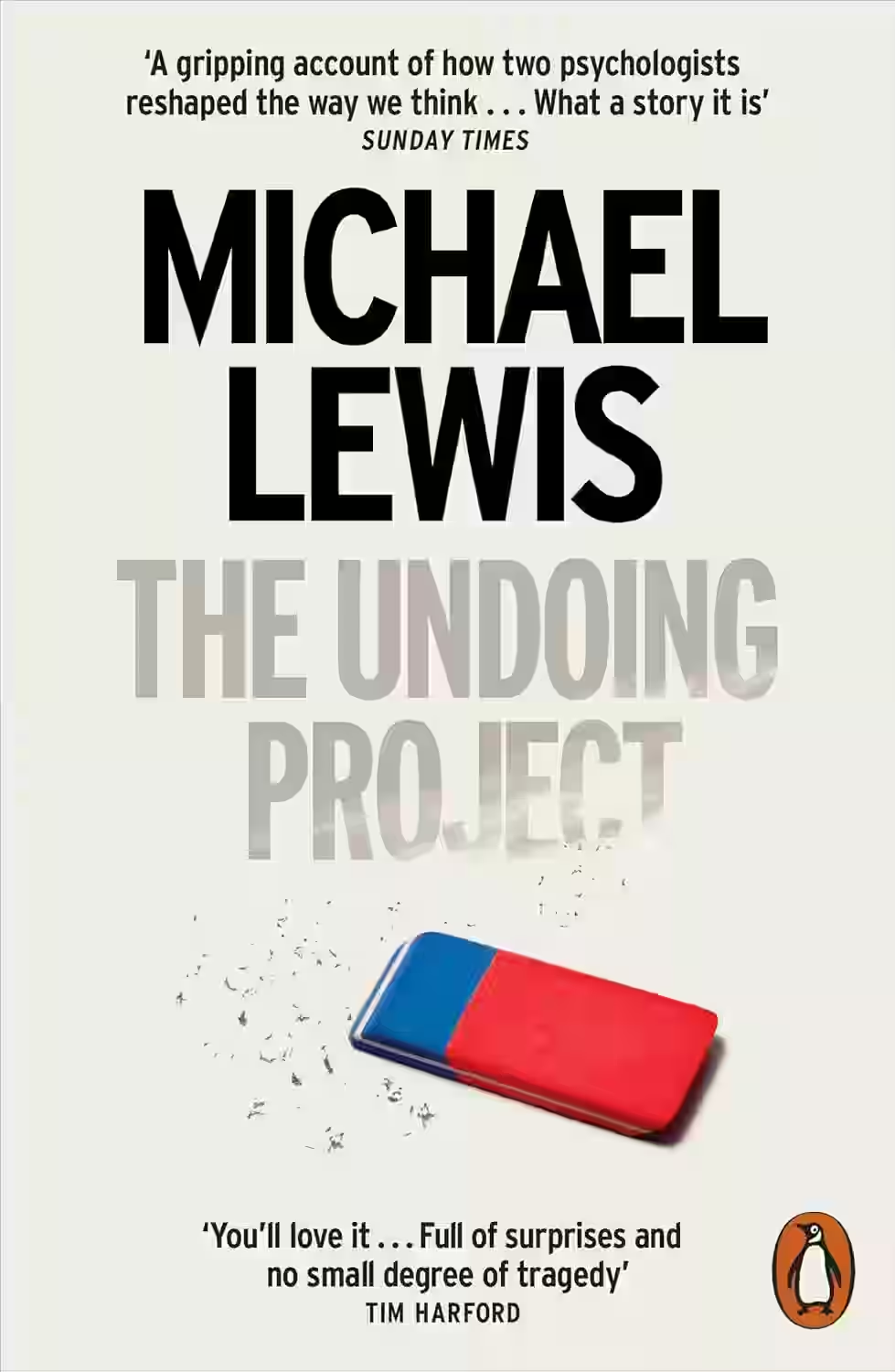
In 'The Undoing Project,' Michael Lewis delves into the fascinating partnership between psychologists Daniel Kahneman and Amos Tversky, whose groundbreaking work revolutionized cognitive psychology and our understanding of decision-making. Lewis skillfully weaves together their personal and professional lives, illustrating their complex bond and the significant impact their collaboration had on various fields, from economics to medicine. Through compelling storytelling, Lewis explores themes of human behavior, biases, and the unpredictability of the mind. This thought-provoking book challenges readers to reconsider their perceptions of rationality and offers profound insights into the intricacies of the human psyche.
About Michael Lewis
Michael Lewis is an American author and financial journalist known for his compelling and insightful works on economics, finance, and sports. Born in New Orleans in 1960, Lewis attended Princeton University and worked in finance before turning to writing. His breakthrough book, 'Liar's Poker' (1989), exposed the excesses of Wall Street during the 1980s. Lewis gained mainstream success with 'Moneyball' (2003), a groundbreaking work that revolutionized the way baseball is analyzed. His engaging storytelling and in-depth research have made him a prominent figure in narrative nonfiction, with bestsellers like 'The Big Short' (2010) and 'Flash Boys' (2014) solidifying his reputation as a masterful storyteller of complex financial topics.
Other Books by Michael Lewis
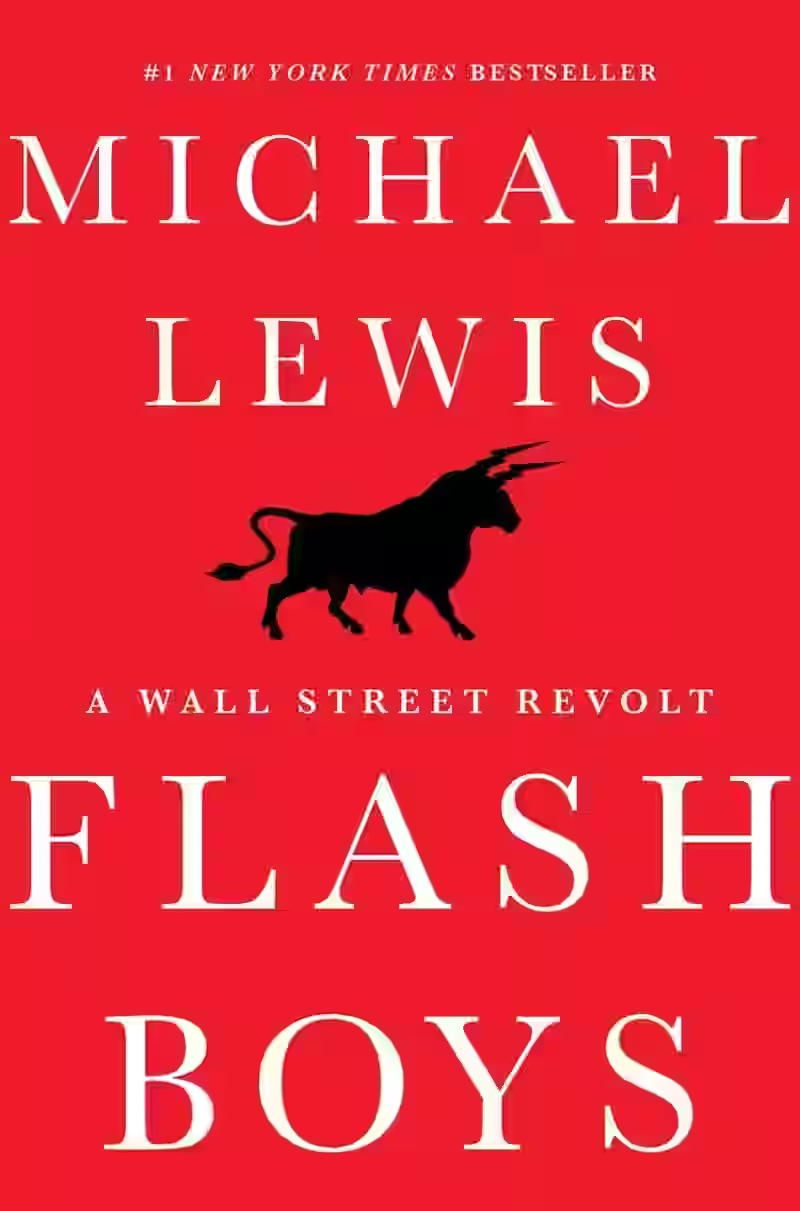
Flash Boys: A Wall Street Revolt
In 'Flash Boys: A Wall Street Revolt' by Michael Lewis, readers are taken on a gripping journey into the world of high-frequency trading and its impact on the financial markets. Lewis delves deep into the story of a group of Wall Street outsiders who uncover the unfair advantages held by high-frequency traders and set out to reform the system. The book explores themes of greed, manipulation, and the quest for justice in a complex financial landscape. With compelling storytelling and sharp analysis, Lewis sheds light on the dark corners of Wall Street, leaving readers questioning the ethics and practices of modern finance.
Similar Books
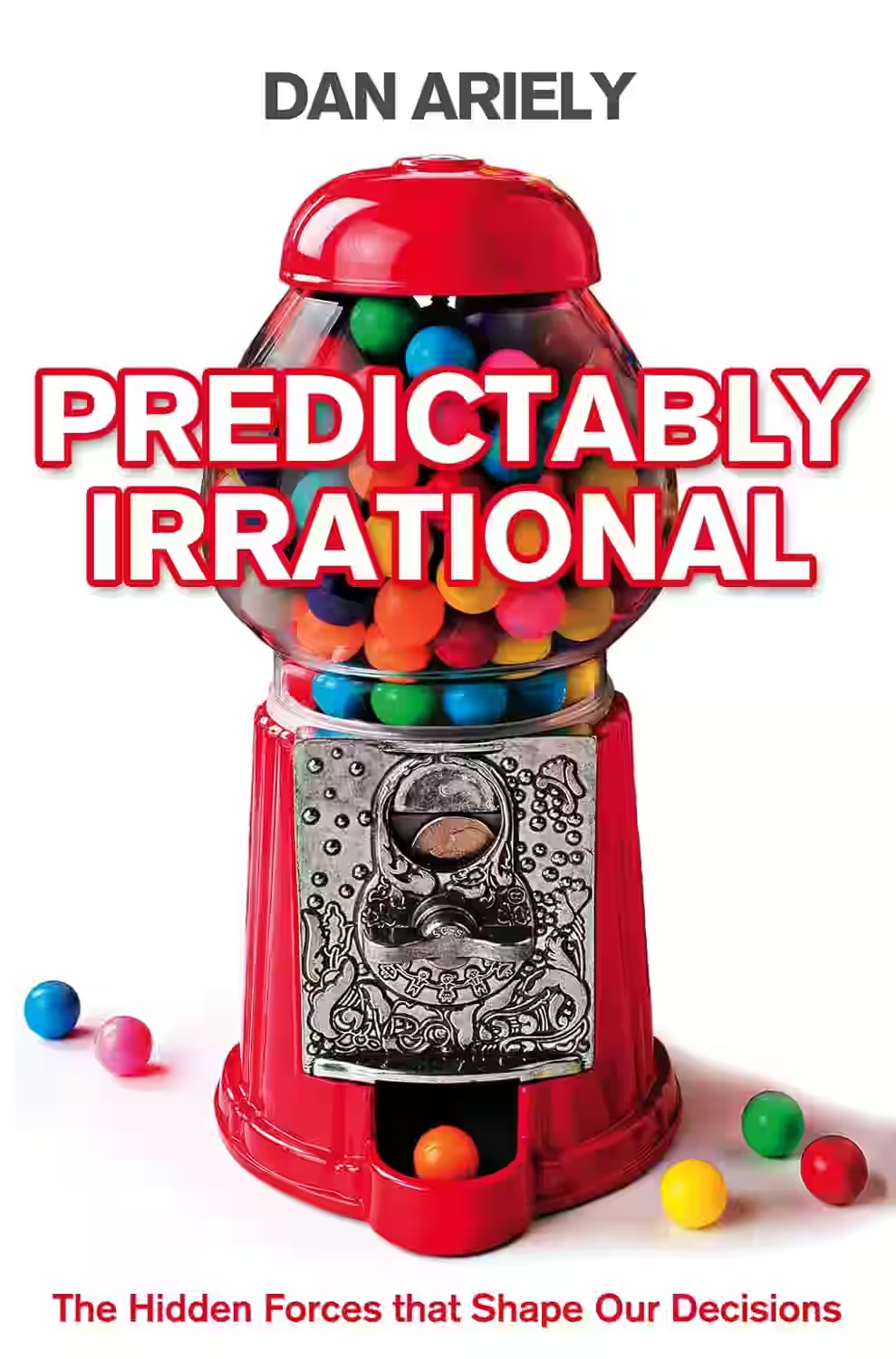
Predictably Irrational: The Hidden Forces That Shape Our Decisions
by Dan Ariely
In 'Predictably Irrational', Dan Ariely explores the fascinating world of behavioral economics, shedding light on the irrationality that governs our decision-making processes. Through a series of thought-provoking experiments and real-life examples, Ariely challenges the traditional economic theory that humans always act rationally. He delves into topics like the influence of social norms, the power of free offers, and the impact of emotions on our choices. This book offers readers an eye-opening journey into the hidden forces that shape our decisions, provoking introspection and questioning long-held beliefs about our own rationality.
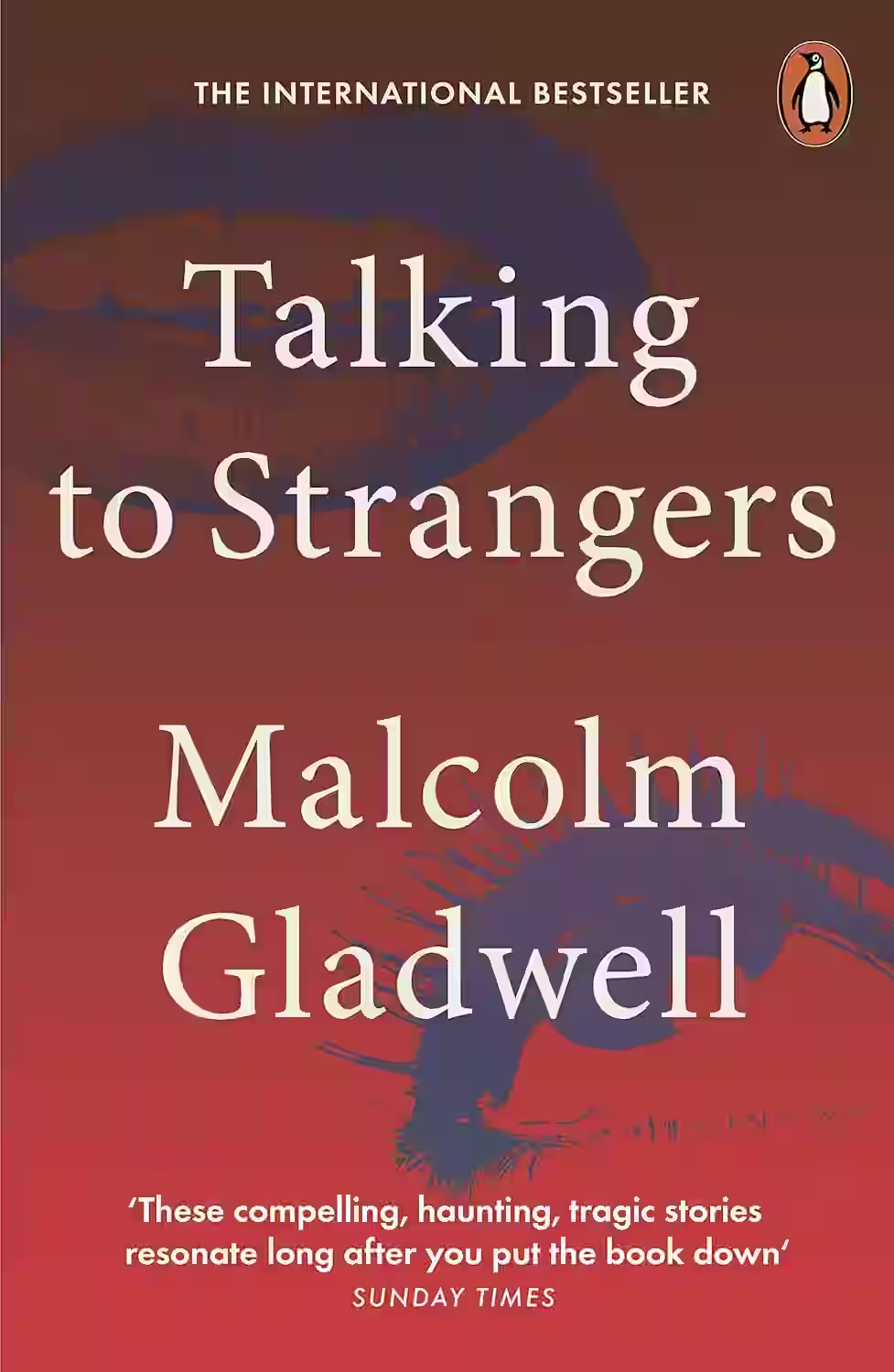
Talking to Strangers: What We Should Know about the People We Don't Know
In 'Talking to Strangers: What We Should Know about the People We Don't Know', Malcolm Gladwell delves into the complex dynamics of human interactions with strangers. Through a blend of psychology, sociology, and real-life anecdotes, Gladwell explores how our innate biases and misconceptions shape our understanding of unfamiliar individuals. He investigates infamous cases like the arrest of Sandra Bland and the betrayal of Bernie Madoff to illustrate the challenges of deciphering strangers' true intentions. This thought-provoking book challenges readers to reassess their assumptions and offers valuable insights into communication and trust in a modern society filled with unknown faces.
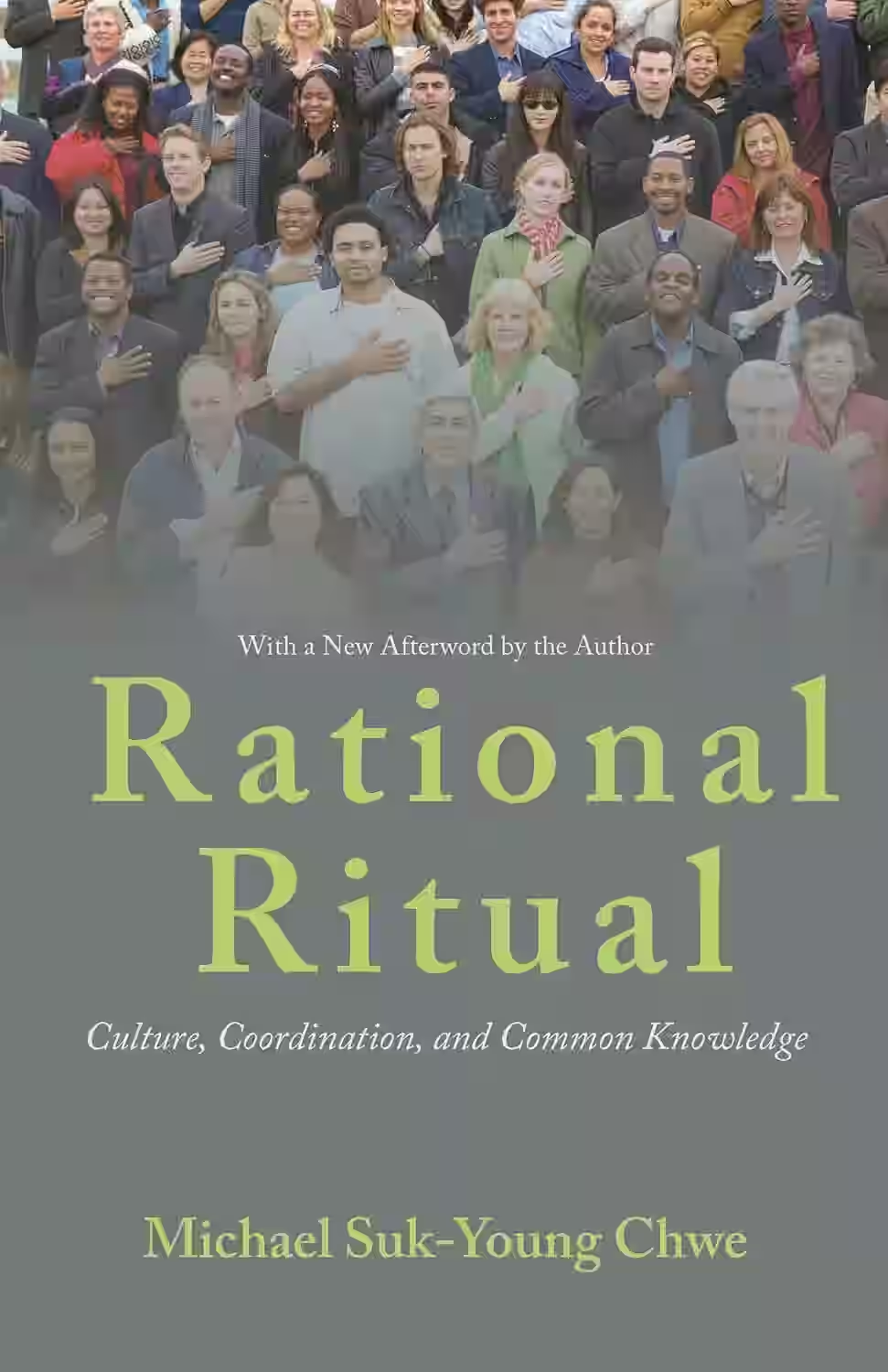
Rational Ritual
Rational Ritual explores how rituals—from presidential inaugurations to sports events—create common knowledge, a shared awareness that everyone knows everyone knows. Chwe, a game theorist, argues that these shared experiences are vital for coordination in society. By applying game theory to cultural rituals, he sheds light on why such practices persist and how they help societies function. The book offers unique insights into advertising, politics, and social networks. Zuckerberg recommended Rational Ritual for its relevance to online platforms, where creating and managing shared experiences is key. It’s an intellectually stimulating read for anyone interested in the intersection of culture and logic.
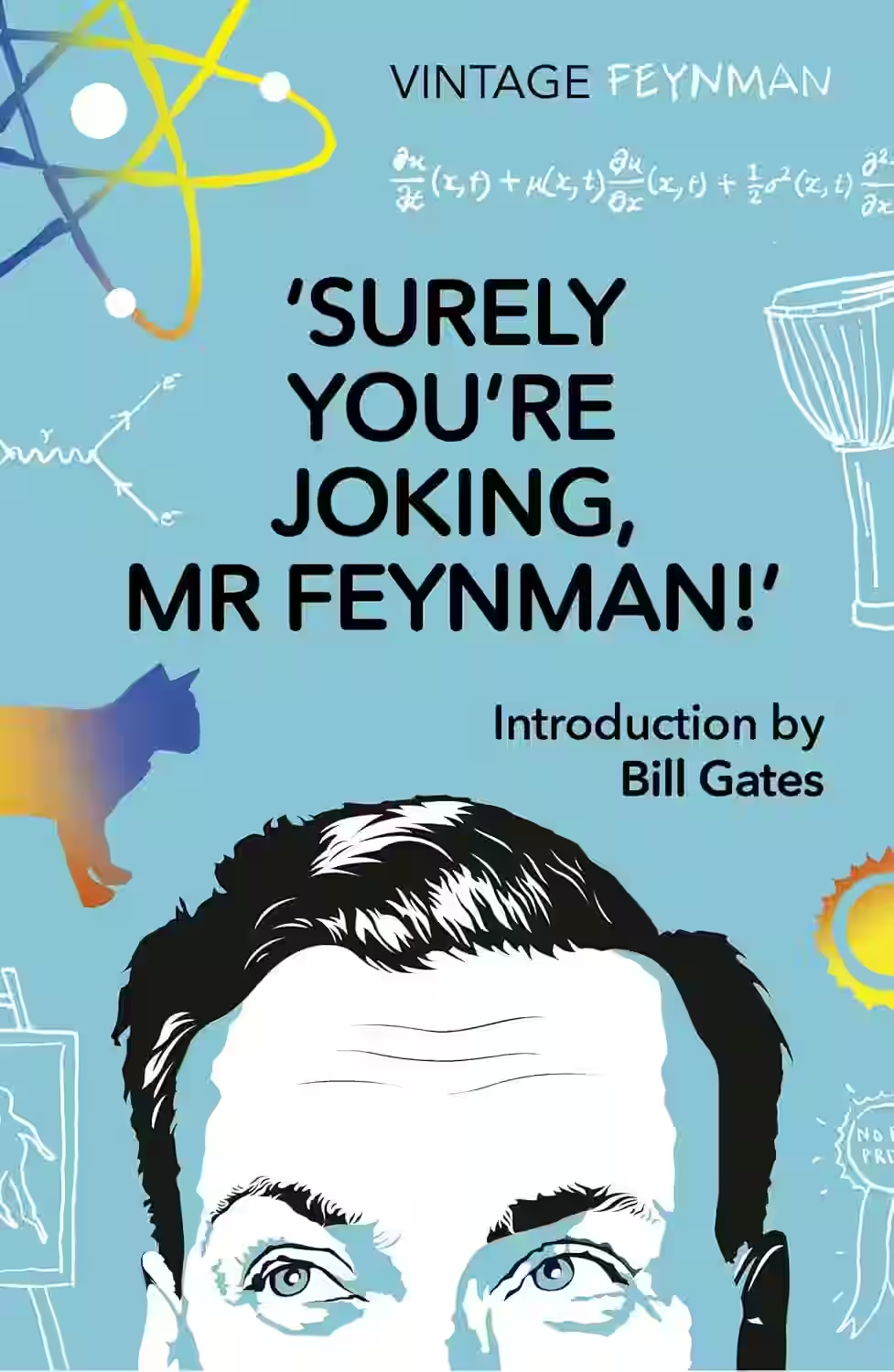
Surely You're Joking Mr Feynman
This warm and insightful portrait captures the wisdom, humor, and boundless curiosity of Nobel Prize-winning physicist Richard Feynman through intimate conversations with his friend Ralph Leighton. Beyond his groundbreaking theoretical work, Feynman was a man of adventure – an artist, safecracker, practical joker, and captivating storyteller. His life, fueled by high intelligence, unyielding curiosity, and healthy skepticism, was a series of remarkable experiences. These recorded conversations, transcribed with minimal alteration, offer a wise, funny, passionate, and utterly honest self-portrait of one of the 20th century's most brilliant and engaging minds.